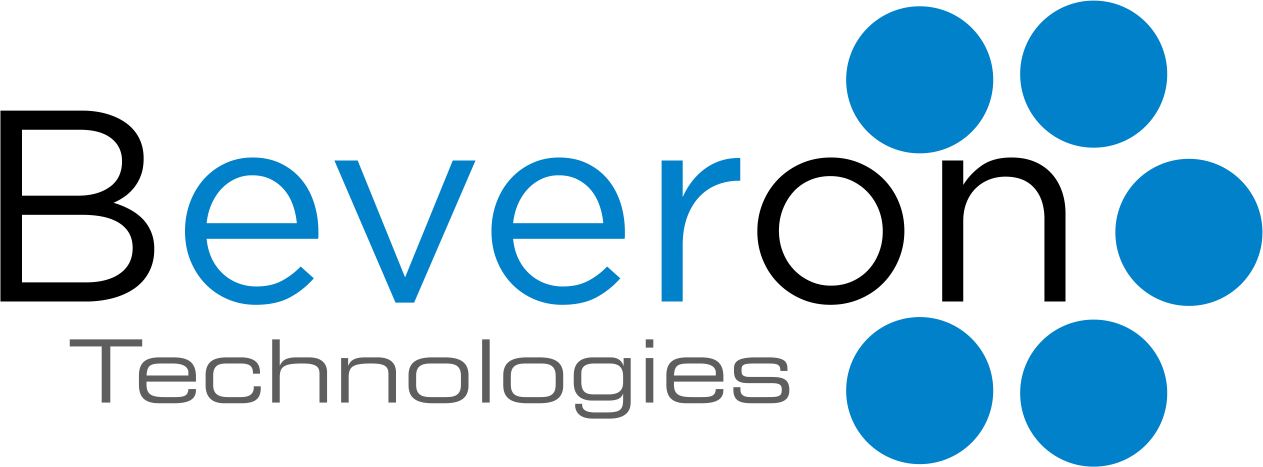

In the simplest of terms, Web 3.0 is the latest Internet technology that leverages Machine Learning, Artificial Intelligence, and Blockchain-based technologies to enable and enhance real-world human communication. And that’s not all. The real icing on the cake is that Web 3.0 not only allows individuals to own their data, but they will also be compensated for their time spent on the web.
Web 3.0?
What exactly is Web 3.0? What’s its purpose? Who uses it? Is it already here?
A lot of questions, yet no clear answers, isn’t it? OK, let’s try understanding Web 3.0 through some more questions then.
If you decide on buying an NFT (Non-Fungible Token, yet another component of Web 3.0), are you, in effect, buying a copyright?
If somebody gets caught while stealing cryptocurrency, what laws and which jurisdiction will apply to such a crime?
If you purchased a piece of virtual land, will you be able to include it in your will?
These are just a simple list of questions that directly pertain to Web 3.0 and its associated and underlying technologies. These questions make it amply clear that with the advent of Web 3.0, things can get really messed-up and complicated if we don’t have the required awareness and knowledge to deal with it.
The next iteration of our beloved internet is ready and waiting to take the world by storm. Even as we speak, it is already shaking up many domains and industries. Web 3.0 and its associated technologies such as NFTs, Cryptocurrency, DAOs, and metaverses will be adopted by individuals, companies, and governments today, and in the coming decades.
Coming to the legal sector, it also cannot remain untouched by Web 3.0. As a brand-new incoming technology, it is important for law firms to understand the implications and the opportunities this new technology presents.
In the simplest of terms, Web 3.0 is the latest Internet technology that leverages Machine Learning, Artificial Intelligence, and Blockchain-based technologies to enable and enhance real-world human communication. And that’s not all. The real icing on the cake is that Web 3.0 not only allows individuals to own their data, but they will also be compensated for their time spent on the web.
According to a study, the advent of Web 3.0 and associated tools and technologies is expected to boost the world’s GDP by nearly 2 trillion USD in the coming decade!! Even as we speak,
attorneys and law firms specializing in internet-related issues are quickly becoming the most in-demand legal professionals in the world. And this trend will only see an exponential increase once cryptocurrencies, NFTs and Blockchain-based technologies become mainstream and gain widespread acceptance across all sectors and domains.
Now, as these technologies become mainstream, it automatically would increase the demand for lawyers specialized in Web 3.0 technologies to step up and address legal and regulatory grey zones that would invariably crop up with acceptance of Web 3.0.
Even now, as it is, law firms already know how to grab business opportunities and those who can adapt, understand, and leverage this new way of doing business on the internet, will obviously have the potential for tremendous growth.
Web 3.0 litigation is a rapidly evolving area of the law that needs legal education and services. Now is the time for the attorneys to strategize and be prepared for what is coming and not get left behind.